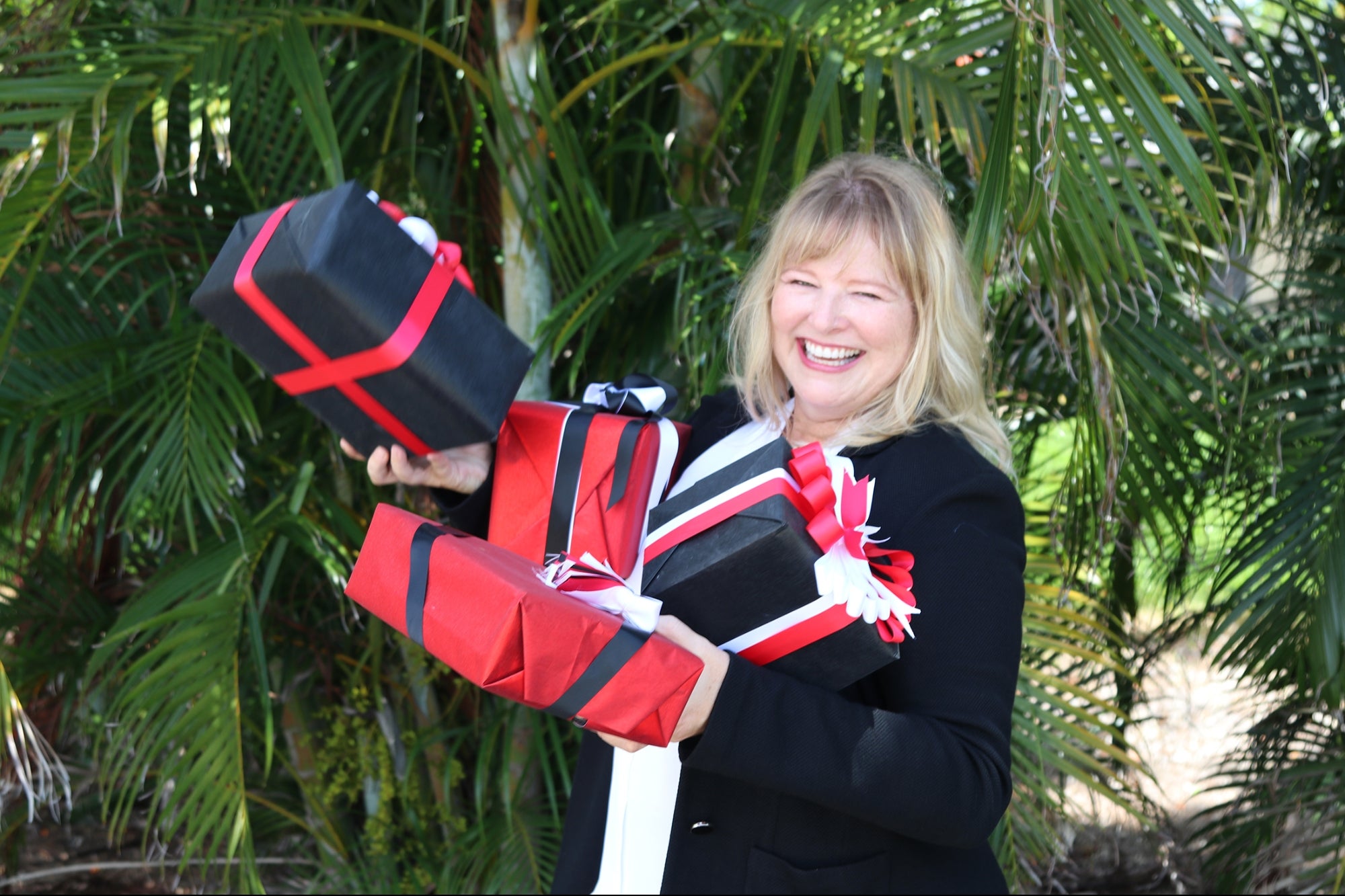Promoting (Innovative) Critical Thinking In The MENA Workplace A new approach that encourages employees to practice critical thinking on a large scale, supporting the conception of more creative ideas.
Opinions expressed by Entrepreneur contributors are their own.
You're reading Entrepreneur Middle East, an international franchise of Entrepreneur Media.
At any given moment in a company's business lifecycle, the number of ideas it has is significantly higher than what it actually develops and ultimately applies. Implementing innovative ideas -recognized as one of the most valuable assets of any business- is often a very real challenge for companies. Therefore, they need to adopt a new approach that encourages employees to practice critical thinking on a large scale, supporting the conception of more creative ideas.
A person's initial thoughts, which eventually grow into mature concepts, are generally influenced by their personality, the company's internal organizational structures, and their external environment. The Arab world's well-known conservatism and its adherence to traditional cultural traits places limitations on this freedom of creativity. The few Arab youths who manage to break away from the traditional framework and come up with sensible, productive ideas are often labeled as "Westernized.'
MAKING IT HAPPEN IN YOUR ENTERPRISE
1. DEVELOPING A SCHEMA OF BARRIER-FREE EXCHANGE
Generally speaking, knowledge is essential for developing good ideas- it provides the raw material. Moreover, a wide range of thoughts is certainly an added value. However, people with limited access to knowledge, who are passionately creative, also manage to develop ingenious ideas. Thus, it is highly advisable for companies to share their knowledge across functional departments and support a barrier-free exchange of ideas among as many employees as possible.
2. MAKING NOTE OF IDEAS TO BE IMPLEMENTED IN THE LONG-TERM
How a company deals with its employees' ideas is a reflection of its resilience and demonstrates its enthusiasm and drive. Unfortunately, many companies tend to adopt only the ideas they perceive as immediately advantageous and completely disregard all others. But this is a mistake. Ideas deemed irrelevant today could very well turn out to be valuable and effective in time. Therefore no idea should ever be belittled or disregarded completely, but instead set aside for possible future review.
 3. MINIMIZE BUREAUCRACY IN YOUR COMPANY
3. MINIMIZE BUREAUCRACY IN YOUR COMPANY
Managers who assess fresh ideas using their personal frames of judgment are often the cause of innovation bottlenecks. This process hampers employees' ability to think outside the box. Creativity is stifled if people fear that their ideas might be rejected by their superiors, perhaps even unfavorably affecting the evaluation of their professional performance. To maximize the development of useful innovative ideas, companies need to bypass these organizational blockages.
4. BE DEMOCRATIC, NOT AUTOCRATIC
Ideas are the explicit outcome of critical thinking. Thus, companies need to create a thinking environment that supports and encourages the emergence of valuable ideas. Critical thinking should not be the exclusive domain of upper management. Instead certain decision-making processes should be open to all levels of company employees.
5. DON'T SET UNBREACHABlE PARAMETERS OF WORK
Unfortunately, companies also tend to impose further restraints on their employees with job descriptions that play a key role in the development of their careers. Employees may possess the requisite qualities to excel in their respective jobs and climb up the corporate ladder– while lacking the crucial ability to come up with constructive ideas or to recognize them for what they are. This keeps many companies from tapping their employees' true creative potential. Instead of creating a work environment that constricts employees to completing a specific number of set tasks, their jobs should help them to hone all their talents to the maximum.
To benefit from the cumulative input of their workforce, companies need to establish a permeable structure that allows ideas to flow across departments and functions– without the limitations of a traditional hierarchy. Employees need to be encouraged to step across the boundaries of their functional responsibilities and produce ideas that are beneficial to the company, even if these ideas have no connection to their particular field of expertise. One could even say it would be advisable for companies to make their management and other personnel engage in two separate lives! The first, their standard work-life in which daily tasks are dealt with. And the second, a fantasy life, in which employees are able to freely express their creativity. Such an approach would certainly reflect positively on the work reality.
One easy way to address these innovation roadblocks? In practical terms, a company could set up an intranet that allows employees to contribute to and discuss ideas anonymously. This would prevent superiors from filtering ideas, help avoid accusations of interference with other disciplines, and prevent the misuse of employee ideas as career assessment tools. Instead it would provide a common platform for maximum potential creativity. Meanwhile, company management could work on transforming feasible ideas into projects and rewarding the vendor of the idea, setting aside the others to serve as food for thought for future developments.













